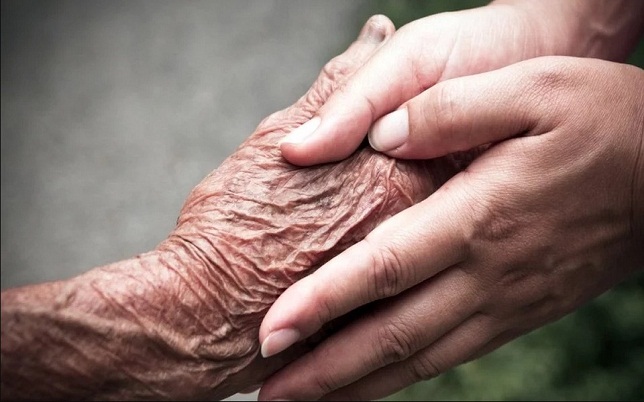The parents and grandparents of a person are a means of earning religious blessings and benefits (Dua & Barakah). These are the persons whose rights have been admitted and established in the laws of the Shariah, e.g. it is the parents who are instrumental in the birth and upbringing of their children. Following are some of the rights of parents and grandparents in Islam:
Contents
Rights of Parents in Islam when they are Alive
Do not harm and offend the parents even if they commit some excess and offence towards their children.
Respect and honour the parents in your speech and dealings with them.
To obey them in all matters that are lawful in the Shariah.
Help your parents financially with money if they are in need even though they may not believe in Allah or if they associate partners with Almighty Allah.
If they are sick then look after them with utmost care and attention and not to consider it a burden.
If you rebuke other people’s parents and they rebuke yours. This is like rebuking your own parents.
Treat you other relatives well even if they don’t treat you well.
Mother’s and the father’s sisters are to be respected like one’s own mother.
Mother’s brother (maternal uncle) and the father’s brother (uncle) are to be respected like one’s own father.
The husbands of mother’s sister and the father’s sister are also like father in the matter of rights.
Similarly, the rights of the maternal and paternal uncles and aunts are similar to those of the parents.
Rights of Parents in Islam after their Death
To pray regularly for their salvation and divine mercy from Allah and to send them benefits and rewards of optional prayers and monetary donations in charity.
To visit their graves after their death and offer “Fatiha” from time to time.
If parents have died while they were unhappy with their children, then pray for them and do Istighfar (ask for forgiveness of all their sins from Allah) for them. If Allah wills, your parents will be pleased.
Continue making duas (prayer) of forgiveness and mercy for them.
Continue sending rewards to them in the form of optional acts of worship and charity on their behalf.
If you have the finances, fulfill their unpaid debts and the permissible bequests that they have made.
When they pass away, abstain from crying and wailing aloud or else their souls will be troubled.
Meet their friends and relatives in a friendly way and also assist them wherever possible.
Rights of Grandparents in Islam
According to the laws of the Shariah grandparents of a person occupy the same rank and status as the parents.
They should be given regard and respect as the parents.
Duties of Parents & Rights of Children in Islam
Islam gives even the children their rights over parents, just as parents have been given rights over their children. Some of these rights are:
Parents should marry them with righteous women, so as to have good offspring from them.
To bring them up during their childhood with affection which is an act of great virtue in Islam.
It has specially been emphasized that one should not feel disgusted with daughters.
It is also an act of real virtue to take care of, and bring up, daughters.
If it becomes necessary to engage a foster mother to suckle to a newly born baby, a foster mother of good character and right religious belief should be engaged, because the milk has an effect on the conduct and character of the suckling baby.
To give them religious education and discipline.
To marry them as soon as they reach marriageable age.
If the girl becomes a widow, then look after her well and bear all the expenses necessary to support her, till her second marriage.
Rights of Blood Relatives in Islam
Islam gives very high importance to maintaining and taking care of the blood relationships of a person. Relatives have been granted many rights in Islam, some of those are:
If one’s close relatives are needy and unable to support themselves with the bare necessities of life, nor are they able to earn anything for themselves, then they should be helped with food and other necessaries to enable them to keep body and soul together, as one does with one’s own children, as a matter of an obligation.
To help distant relations with necessities of life is not so obligatory, yet it is necessary to do something for them also.
Visits should be paid to them from time to time.
The bonds of relationship with them should not be severed. If anyone of them ever does some harm, it is better to tolerate that.

